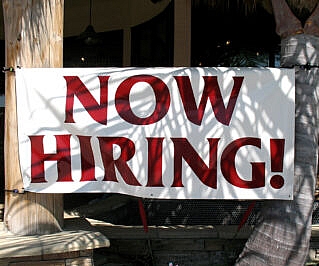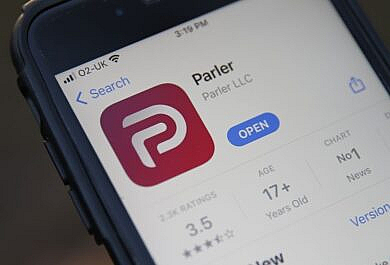The U.S. economy added 528,000 jobs in July, far surpassing economists’ expectations.
Summary
The U.S. economy added 528,000 jobs in July, far surpassing economists’ expectations.
- The unemployment rate dropped slightly to 3.5 percent. Wage growth was up 0.5% and up 5.2% compared to last year.
- The Dow Jones estimates predicted a payroll expansion of 258,000 and 3.5% unemployment. July’s unemployment rate is now tied for the lowest unemployment rate since 1969.
- July marked the largest jobs gain since February and the 19th straight month of job increases.
- July’s jobs numbers mean all jobs lost in the coronavirus recession have been restored and both unemployment and total payrolls are back to their February 2020 levels.
![]()
- The Washington Post broke down the jobs numbers by sector. Leisure and hospitality gained 96,000 jobs, professional and business services added 89,000 jobs, and health care jobs increased by 70,000.
- The New York Times noted, “most forecasters expect the labor market’s momentum to slow markedly later in the year, as companies cut payrolls to match lower demand.”
- CNN reported only two industries have seen their workers come out ahead once inflation is factored in. Leisure and hospitality and retail trade wages have grown by 0.9% and 0.2%, respectively, accounting for inflation. Overall, private industry worker paychecks shrank by 1.2% over the same period.
![]()
- FOX News said the report defied “fears of a slowdown in hiring” due to “the twin threats of scorching-hot inflation and rising interest rates.”
- The Wall Street Journal reported all three major stock market indexes were down Friday morning in the wake of the jobs report. Some investors believed the jobs report was “a signal that the Fed will have to raise rates even faster to cool the economy.”
- Breitbart asked, “What if we had a recession and everyone still had a job?” The author predicted the jobs numbers could spark concerns over continued high inflation and the added demand created by new workers and wage growth could keep pushing prices higher.
© Dominic Moore, 2022






